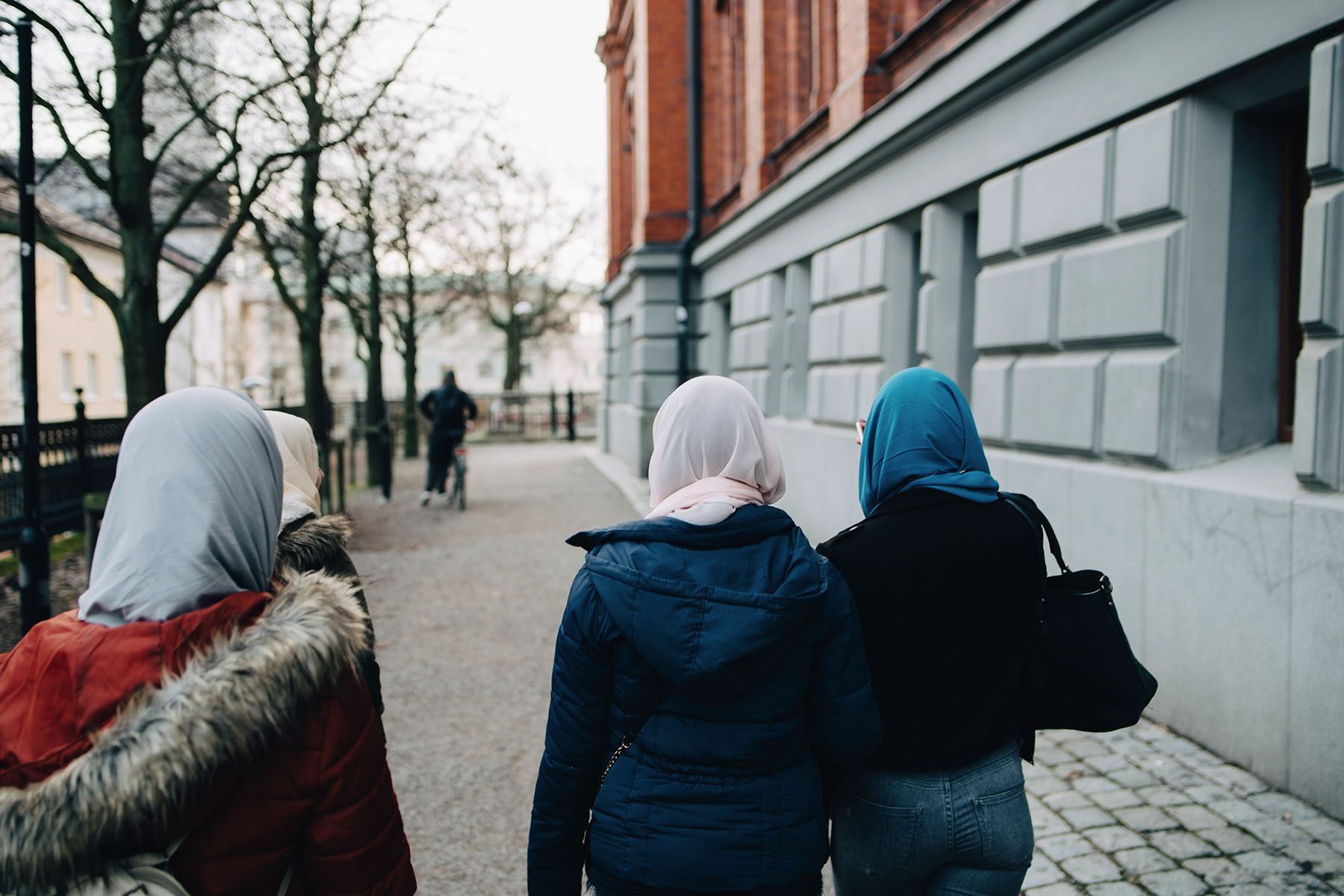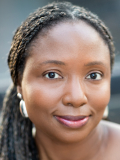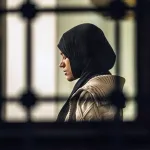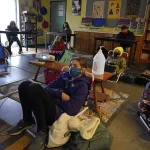On social media, Salma Rashad routinely sees the same xenophobic and Islamophobic question: “Are your parents 9/11 brown or 7/11 brown?”
“I’ve seen that phrase all over TikTok, all over Instagram,” said Rashad, an 18-year-old Egyptian-American Muslim. “In the past two days, I’ve seen it maybe eight to 10 times on social media.”
As a Muslim youth, encountering Islamophobic insults is not unusual, according to a new report from the California chapter of the Council on American-Islamic Relations (CAIR-CA), an advocacy and civil rights group. Drawing from statewide survey results of 708 Muslim students aged 11 to 18 from August 2018 to August 2021, “Examining Islamophobia in California Schools” found that 55 percent of students CAIR-CA surveyed said they “feel unsafe, unwelcome or uncomfortable” at school because of their religious background, the highest percentage since the chapter began its biennial surveys in 2013.
Moreover, about one-third of these youth experienced or witnessed some form of cyberbullying, a problem exacerbated by schools largely going virtual for most of 2020 and early 2021. Remote learning, predictably, lowered rates of in-person bullying, which had been on the rise before the pandemic.
Girls made up slightly more than half of the survey respondents, and those who wore hijabs reported being particular targets of bullies, including their own teachers on occasion. Some girls reported to CAIR that teachers had referred to them as “terrorists” and told them, “You don’t belong here.”
“Muslims come from all walks of life, all different ethnicities, all different national origins, all different countries,” said Amr Shabaik, the CAIR-CA report’s author and the civil rights managing attorney of CAIR-Los Angeles. “But when a Muslim student is wearing the hijab, it’s very clear that they’re Muslim, so that, unfortunately, has made these Muslim girls who wear the hijab a target for this type of bullying. They’re dealing with being hyper visibly Muslim.”
Now a sophomore at California State Polytechnic University, Pomona, Rashad didn’t feel comfortable discussing her Muslim faith when she entered high school. She doesn’t wear the hijab, so people could not tell she was Muslim by her appearance. The CAIR-CA study found that just under a third of Muslim girls who do wear head coverings have had them “tugged, pulled, or offensively touched” in schools in California, which has one of the nation’s largest Muslim populations. Even without a hijab, Rashad tried not to stand out.
“I noticed myself not talking about my religion, not that everyone needs to walk around advertising,” she said. “But I noticed myself steering clear of the whole conversation, and upon self-reflection, I realized that came from a lack of confidence per se to deal with all the questions that follow.”
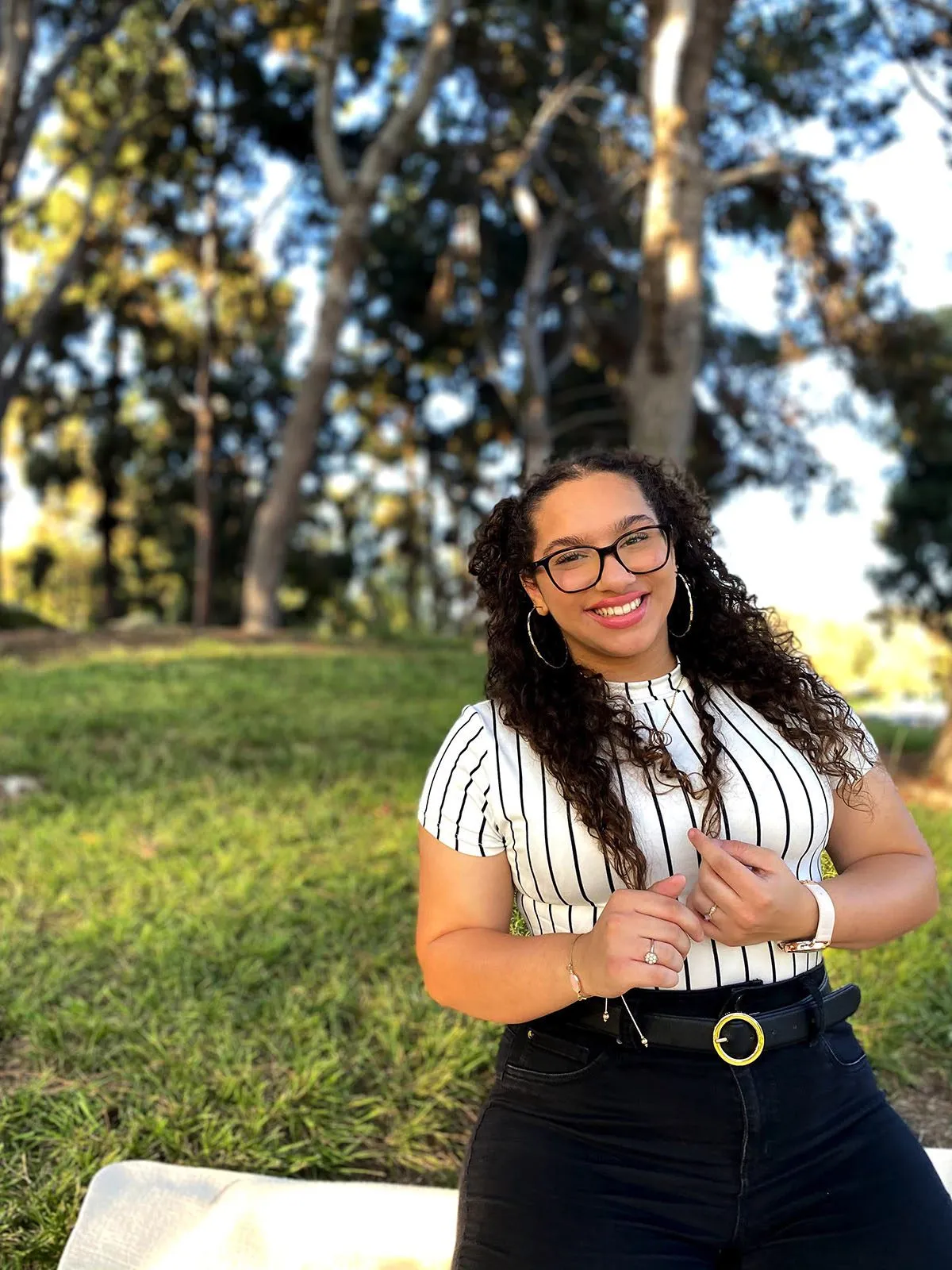
As her first year in high school progressed, however, Rashad joined the Muslim Students Association (MSA), a group she went on to lead. By fall of her junior year in 2018, she delivered a TED-style talk on fake news to an audience of 450 classmates. During the speech, she called herself “a young Muslim girl,” marking the first time she’d described herself as such in front of a large group of her non-Muslim peers. Even rehearsing the speech, she felt worried about potential repercussions.
“I didn’t want to feel different,” she said.
But she already had on some occasions. Rashad recalled subtle slights from her peers because of her faith.
“If I had to miss a [soccer] practice because of Eid, a holiday in our religion, sometimes I’d get comments,” she said. “Or we’d all go out for a pizza party and they’d get pepperoni, and, then I’m the only person that’s like, ‘Wait, no, we need cheese pizza.’ And then they’re like, ‘Why are you the only person that we had to order a whole other pizza for?’”
Omer Kaissi, a senior at a Catholic high school in La Verne, California, can relate to much of Rashad’s experience. He now leads the MSA at his school with fellow senior Omar Darwish, but during ninth grade, he wasn’t immediately comfortable discussing his religious identity.
“I remember when I was a freshman, I was scared to really make it a known fact that I’m Muslim because I didn’t … want to be, like, the minority,” said Kaissi, now 17.
A few months into ninth grade, he decided that if someone asked him about his faith background, he would tell the truth. The reactions he received were mixed. Although many people accepted him, “Some just flat out said, ‘Oh, you’re a terrorist,’” he said.
On the anniversary of the September 11 terrorist attacks, Darwish often hears disparaging remarks about Muslims, be it in person, in the press or on social media, he said. Respondents to CAIR-CA’s survey also cited this day as a difficult one, with Muslim girls specifically telling the organization that their teachers had made “offensive 9/11 references” and described Islam as a “religion of blood and war.” Overall, almost a quarter of respondents reported that a teacher, administrator or other adult at their school had made anti-Muslim comments.
A hostile political climate inflamed by Donald Trump during his campaign and presidency made Muslim Americans targets, according to Shabaik. Trump both made comments widely characterized as Islamophobic, as when he criticized the family of U.S. Army Captain Humayun Khan, and implemented policies including the so-called “Muslim ban” on citizens of seven Muslim-majority countries.
“Whenever we see hate or Islamophobia or any kind of bias or discriminatory statements that play out on a larger macro level, these things tend to trickle down to everyday individuals, whether that is people in the workplace … and students at school,” Shabaik said.
And California students aren’t the only ones affected. A study on bullying released by CAIR’s Massachusetts chapter in spring found that 60 percent of Muslim youths in that state reported being “mocked, verbally harassed or physically abused” because of their religion. The chapter recommends that Congress pass the Safe Schools Improvement Act, legislation that prohibits harassment based on a student’s religion, race, disability, sexual orientation, gender or other aspects of identity.
Reducing the harassment, discrimination and bias Muslim students experience in class requires schools to take action against bullying, provide implicit bias training to educators and implement ethnic studies courses to teach students about the contributions of Muslim Americans, according to Shabaik. Additionally, students told The 19th that schools should ensure marginalized youth have faculty they can talk to about their concerns, and young people themselves should consider taking steps to foster community with other Muslims on campuses.
Developing an anti-racist and multicultural curriculum can help Muslim students feel more represented in class, but the model ethnic studies curriculum that California recently introduced reduces Muslim people to a “footnote,” Shabaik said. He encourages schools to collaborate with scholars and organizations knowledgeable about the history of Muslims nationally and globally to develop an inclusive curriculum.
In college, students may have more opportunities to pursue courses of study that highlight the contributions Muslims have made to society. Although Muslim students still face bias and discrimination at universities, Rashad has found the Cal Poly Pomona campus to be one where she feels a strong sense of community.
“As soon as I got to Cal Poly, I joined the MSA,” Rashad said. “They’re very welcoming and accepting. For example, I was on campus earlier studying in the library, and then a group of MSA kids were walking past me, and it was just as simple as that. ‘Hey, come join us,’ they said. You have this little community right there. So, I personally think in college, [being a Muslim student] is a little easier.”
